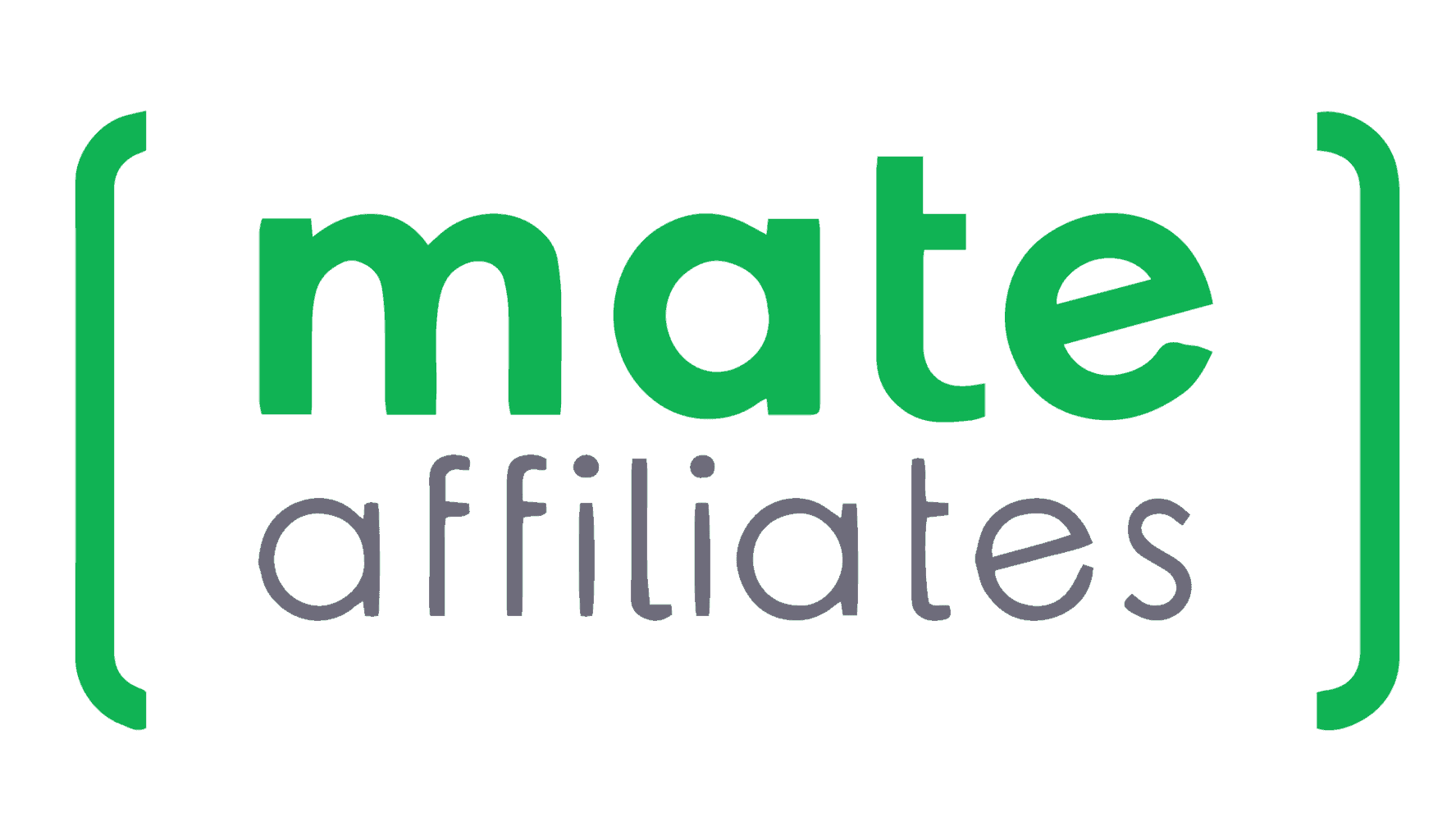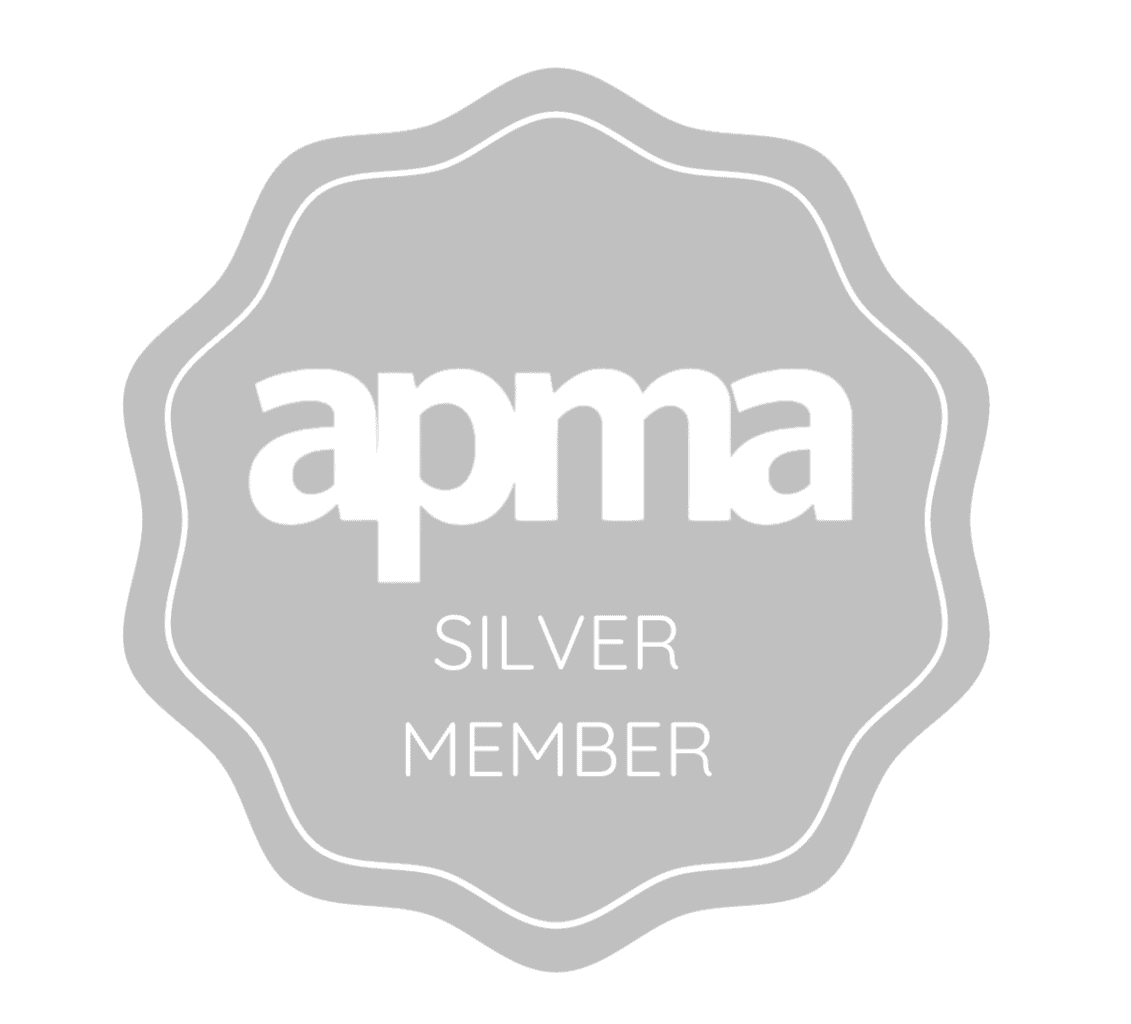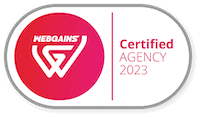Introduced 14 years ago, the rel=”nofollow” link attribute was used to help filter out comment spam on blogs and forums and to help Google exclude any paid or sponsored links as a signal within their search algorithms.
Those who decided not to implement this would be penalised if Google found that they were not tagging links correctly.
Whilst this was an effective tool for reclassifying the spam links plaguing blogs, and for helping Google to recognise where paid links were still being used, it has been occasionally applied with a blanket approach by larger publishers as a way to ensure they avoided penalties.
In an attempt to grasp a greater understanding of the types of links and content being used on the web, Google has introduced changes on how nofollow should be used, along with which ranking factors it will impact in the future and when.
What has changed?
Google has introduced three new classifications for nofollow links:
rel=”sponsored”: Use the sponsored attribute to identify links on your site that were created as part of advertisements, sponsorships or other compensation agreements.
rel=”ugc”: UGC stands for User Generated Content, and the ugc attribute value is recommended for links within user generated content, such as comments and forum posts.
rel=”nofollow”: Use this attribute for cases where you want to link to a page but don’t want to imply any type of endorsement, including passing along ranking credit to another page.
Source: Webmasters.googleblog.com
The new link attributes will be treated as ‘hints’ which means that these links will be recognised with Google’s search algorithm, rather than being excluded all together. This was the case with previous nofollow model.
The new classifications will enable Google to better understand how to analyse the content within different types of links, while also deterring which ones should or shouldn’t be used as search signals by its algorithms.
What should you do?
For historical links that have been marked as nofollow, Google has advised that there’s no need to go back through this and amend in line with the new guidelines.
To avoid future penalties, it’s advised that you should still mark all ads or sponsored links using either rel=”nofollow” or preferably rel=sponsored when moving forward.
However, Google’s official phrasing on this change states, “All the link attributes – sponsored, UGC and nofollow – are treated as hints about which links to consider or exclude within Search.”
Head of SEO Mike Gomez at Blueclaw adds: “If the right links are being built, in the right way, there should be little to worry about. Using tools such as aHrefs.com, who have already implemented a segment to track rel=”sponsored” and rel=”ugc” as a way to benchmark current results.
“This will be a good sense check of seeing how these numbers grow in the coming months.”
What does this mean for affiliates?
With immediate effect, nofollow attributes will be used as a hint for ranking. However, the nofollow attributes will not be used as a hint for crawling or indexing until 1st March 2020. This gives site owners a bit of time to adapt to this.
With this in mind, it’s recommend that affiliates take the time to review their backlinks, while also getting a second opinion from iGaming SEO experts to ensure that their links contain the correct tags.
For content marketers we’d suggest thinking medium to long term in your link building strategy, while continuing to source relevant links from reputable websites.
Paid link schemes will however be further under the microscope, with many paid sites potentially being devalued for not using the ‘sponsored’ tags as advised by Google. Further to this, those identified as selling links could be nullified regardless
Ultimately, the Google algorithm will want to reward sites that adhere to the new protocols which in turn helps to provide the most relevant results for each query.
iGaming SEO specialists Blueclaw have created the below PDF, with the need-to-know tips on the update to ensure you dont lose traffic.
If you’d like a quick go-to on which tags you should use then download now via the link below.
























